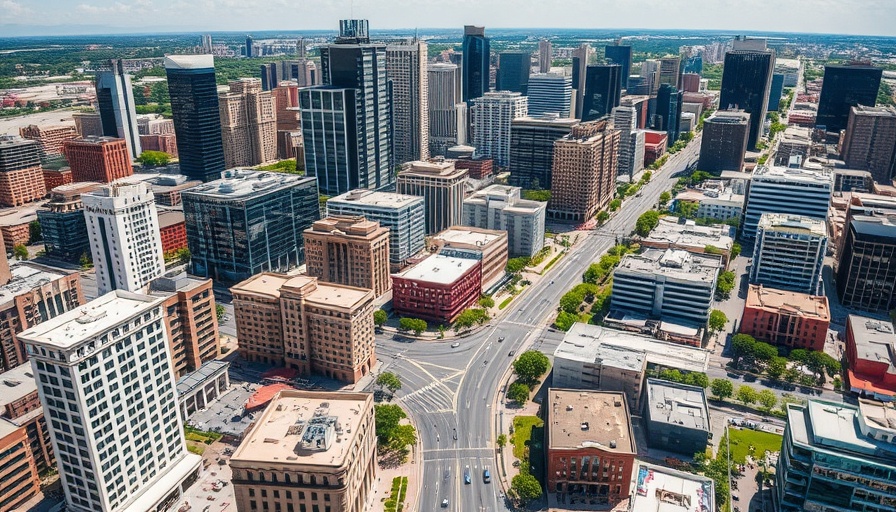
Understanding the New Zoning Bill in Texas
Texas lawmakers are proposing a significant shift in zoning authority that could change the landscape of local development. The intention behind this bill is to enhance state control over zoning regulations, limiting the influence of neighbors and local communities. As Texas faces rapid population growth and housing challenges, this legislation aims to streamline the development process, making it easier to build new residential and commercial properties.
Why Is Zoning Power So Controversial?
Zoning laws dictate how land can be used, influencing everything from home construction to business operations. For many residents, local zoning regulations represent a shield against unwanted developments that could disrupt community aesthetics, traffic patterns, and overall quality of life. The traditional power held by neighbors often allows for pushback against new projects, leading to debates that can delay or entirely derail potential developments.
Local Voices: What Residents Are Saying
Community feedback on this proposed change is mixed. Some residents fear that reducing neighborly influence will lead to overdevelopment and a loss of community character. Others argue that the current system is antiquated and that tighter state control may address pressing needs for affordable housing and essential infrastructure. A resident's comment at a recent town hall meeting highlighted the tension: 'We need homes, but we also need to maintain the character of our neighborhoods.'
The Bigger Picture: Housing Crisis in Texas
Texas is currently grappling with a housing crisis, propelling the need for new legislation. The state’s booming population has resulted in skyrocketing housing prices, with many struggling to find affordable options. The new zoning bill is seen as a necessary step towards increasing housing supply and tackling affordability, although it raises concerns about community displacement.
Comparative Insights: How Other States Manage Zoning
Many states across the U.S. have grappled with similar zoning issues, with varied outcomes. For instance, California has implemented statewide measures to ease zoning restrictions to address housing shortages but is continuously battling backlash from local communities. Understanding these dynamics in other regions could provide valuable insights for Texas as it navigates this proposed change.
Future Predictions: What Could This Mean for Austin?
With Austin being one of Texas' fastest-growing cities, the potential effects of this zoning bill could be profound. If passed, we may see an influx of new developments, transforming Austin’s neighborhoods almost overnight. Practical implications could range from increased housing availability to changes in the types of businesses that can thrive in certain areas. What remains uncertain is how these changes will shape the city's unique character.
In Closing: Balancing Growth and Community Needs
As the discourse surrounding zoning continues, it becomes clear that striking the right balance between development and community integrity is crucial. Stakeholders must engage in open dialogues to find a way forward that prioritizes housing needs while preserving the soul of Texas communities.
This proposed legislation reflects just one of the many challenges Texas faces amid its unprecedented growth. How will we adapt? Only time will tell as residents, lawmakers, and developers navigate this new terrain together.
 Add Element
Add Element  Add Row
Add Row 



 Add Row
Add Row  Add
Add 


Write A Comment